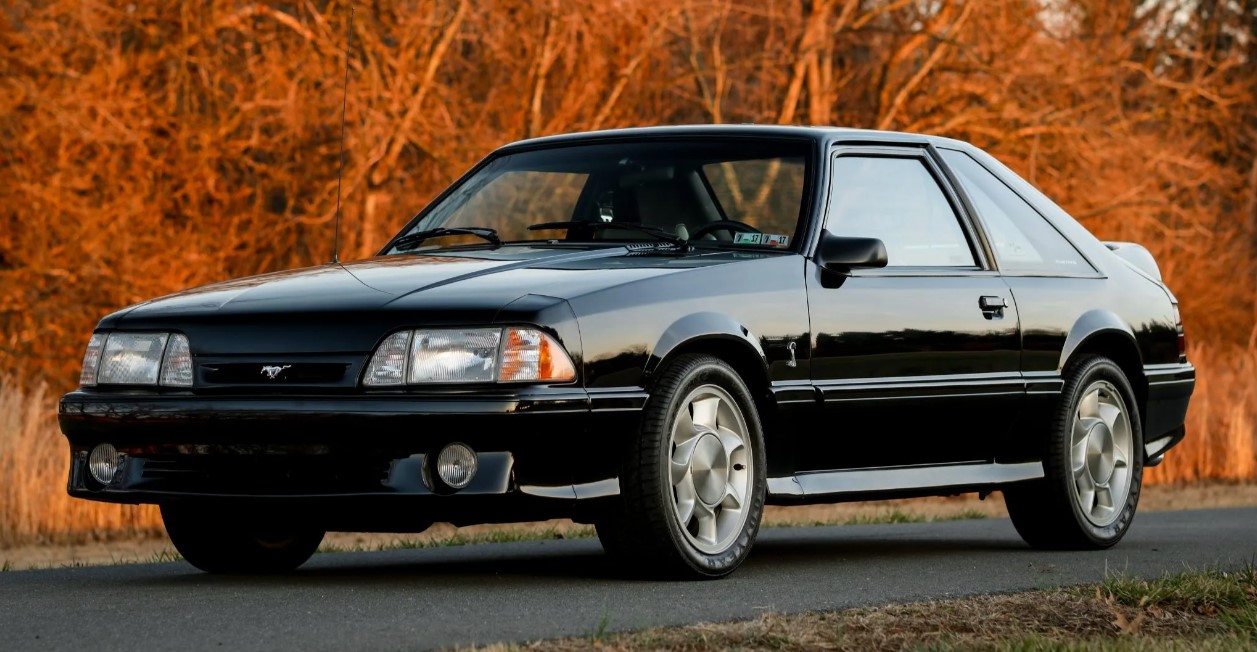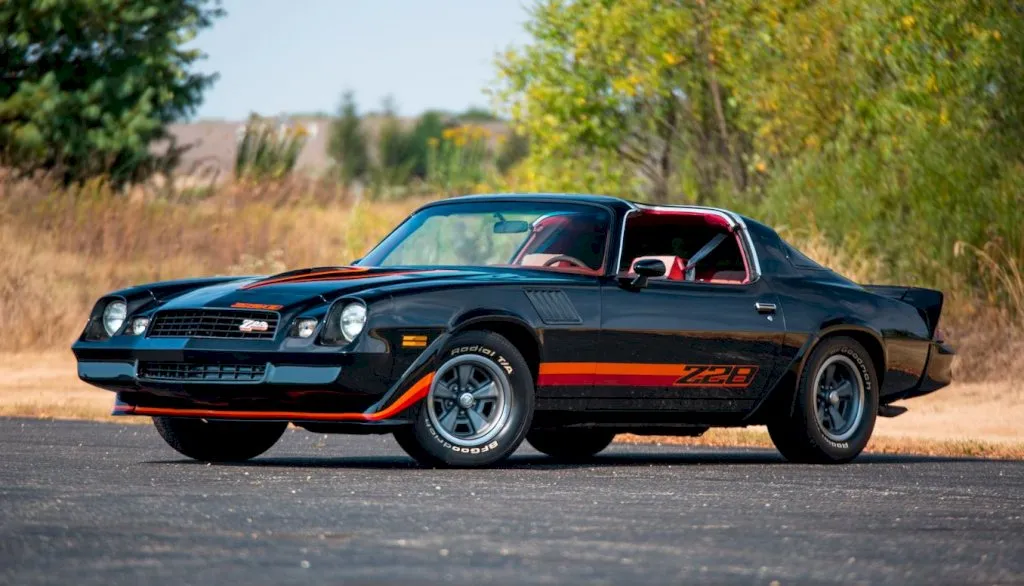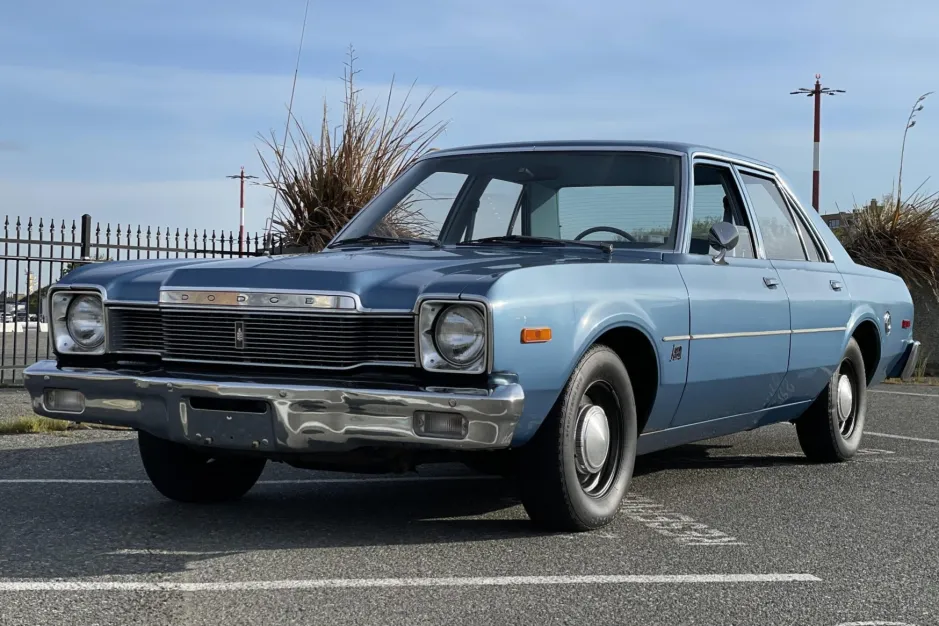The years 1990 to 1994 were a turning point in the history of the automotive industry, as they marked the debut of a luxury sedan that would forever alter the landscape of the premium automobile market: the Lexus LS. Lexus, the luxury vehicle division of Toyota, sought to challenge established European brands with a vision of unparalleled quality, refinement, and reliability. In this extensive article, we will explore the history, design, performance, and legacy of the 1990-1994 Lexus LS, a vehicle that redefined the luxury sedan segment and continues to symbolize the pursuit of automotive perfection.
1. Background and Development
The Lexus LS was the result of a top-secret project, codenamed F1 (Flagship One), initiated by Toyota Motor Corporation in 1983. The ambitious goal of the project was to create a world-class luxury sedan that would surpass existing models in terms of performance, refinement, and build quality. More than 1,400 engineers and 2,300 technicians were involved in the development of the LS, with a total investment of over $1 billion.
Over the course of its six-year development, the LS team conducted extensive research, including studying the lifestyles and preferences of luxury car buyers around the world. The team also focused on reducing noise, vibration, and harshness (NVH) levels to ensure a comfortable and serene driving experience. This attention to detail resulted in the creation of more than 900 prototypes and countless hours of testing in various conditions, from extreme heat to freezing cold temperatures.
2. Design
The design of the 1990-1994 Lexus LS emphasized understated elegance and timeless appeal. The LS was characterized by its sleek, aerodynamic silhouette, with a low drag coefficient of 0.29, which contributed to its fuel efficiency, high-speed stability, and quiet ride. The exterior design was free of unnecessary ornamentation, favoring clean lines and well-proportioned dimensions.
Inside, the LS was crafted with premium materials and meticulous attention to detail. The cabin featured hand-stitched leather upholstery, genuine wood trim, and an ergonomically designed dashboard. The LS was also equipped with an impressive array of standard features, including power-adjustable seats, automatic climate control, and a premium stereo system. These elements combined to create an ambiance of luxury and sophistication that was on par with, or even superior to, the offerings from established European competitors.
3. Engineering
The 1990-1994 Lexus LS was powered by a 4.0-liter V8 engine, designated 1UZ-FE, which produced 250 horsepower and 260 lb-ft of torque. This all-aluminum, 32-valve, quad-cam engine was designed for both performance and efficiency, utilizing advanced technologies such as electronic fuel injection and a variable-length intake manifold. The engine was mated to a smooth-shifting, electronically controlled four-speed automatic transmission.
The LS's suspension system was designed to deliver a comfortable ride while maintaining precise handling. The sedan employed a double-wishbone suspension at all four corners, with electronically controlled shock absorbers that adapted to varying road conditions and driving styles. The LS also featured an advanced anti-lock braking system (ABS) and an available Traction Control System (TCS) to enhance safety and stability.
4. Performance and Driving Experience
The 1990-1994 Lexus LS delivered a refined and engaging driving experience, thanks to its powerful V8 engine, well-tuned suspension, and responsive steering. The sedan accelerated from 0 to 60 mph in just 7.9 seconds, which was competitive with its European rivals at the time. The LS's top speed was electronically limited to 155 mph.
One of the most remarkable aspects of the LS was its exceptionally quiet and comfortable ride, which was the result of the extensive NVH reduction efforts during its development. The LS's cabin remained serene even at high speeds, allowing occupants to engage in conversation or simply enjoy the premium audio system without intrusive road or wind noise.
5. Quality and Reliability
The 1990-1994 Lexus LS set new benchmarks for build quality and reliability in the luxury car segment. The LS was constructed using advanced manufacturing techniques and rigorous quality control processes, ensuring tight panel gaps, flawless paint finishes, and consistent fit and finish throughout the vehicle. The LS's reputation for reliability was further bolstered by its low maintenance requirements and long service intervals, which added to the overall ownership experience.
The LS's exceptional quality and reliability were not only recognized by automotive journalists and experts but also validated through various awards and accolades. The LS consistently ranked at the top of J.D. Power and Associates' Initial Quality Study (IQS) and Vehicle Dependability Study (VDS), earning the coveted title of "Most Dependable Luxury Car" on multiple occasions.
6. Impact on the Automotive Industry
The introduction of the Lexus LS in 1990 sent shockwaves through the automotive industry, particularly among established luxury automakers. The LS's combination of exceptional build quality, refined performance, and competitive pricing forced European manufacturers to reevaluate their offerings and adapt to the changing market conditions. The success of the LS also signaled the potential of Japanese luxury vehicles and paved the way for other Japanese automakers, such as Honda with its Acura brand and Nissan with its Infiniti brand, to expand their presence in the luxury market.
The Lexus LS's impact on the luxury car segment can still be felt today, as it demonstrated that a newcomer could challenge and even surpass the established players by focusing on quality, innovation, and customer satisfaction. The LS played a pivotal role in shaping Lexus's brand identity, which continues to prioritize these values.
7. Facelift and Updates
Over the course of its first generation (1990-1994), the Lexus LS received a few minor updates to keep it competitive in the rapidly evolving luxury car market. In 1993, the LS received a facelift, which included updated front and rear styling, new alloy wheel designs, and minor interior revisions. The 1993 model year also saw the introduction of a passenger-side airbag and the availability of an optional in-dash CD changer.
In addition to the facelift, the LS received several mechanical and technological updates during its first generation. The engine received minor enhancements to improve power and efficiency, such as the addition of a variable valve timing system in 1994. The suspension system was also continuously refined to further improve ride comfort and handling.
8. Legacy and Successor
The first-generation Lexus LS, which spanned the 1990-1994 model years, laid the foundation for the success of the Lexus brand in the luxury car market. Its revolutionary approach to luxury, performance, and quality forced established players to raise their standards and rethink their offerings. The LS's impact can still be seen in the subsequent generations of the model, which continued to evolve and refine the winning formula that made the original LS such a game-changer.
In 1995, Lexus introduced the second-generation LS, known as the LS 400, which built on the strengths of its predecessor while incorporating new technologies and design elements. The second-generation LS featured a more powerful V8 engine, an improved suspension system, and a host of new luxury and convenience features, such as an updated infotainment system and available adaptive damping suspension. The LS continued to evolve through its subsequent generations, always staying true to its roots as a benchmark-setting luxury sedan that prioritizes quality, refinement, and performance.
The 1990-1994 Lexus LS was a groundbreaking vehicle that redefined the luxury car market and established Lexus as a major player in the segment. Its focus on quality, performance, comfort, and innovation set new standards for luxury automobiles, forcing established competitors to adapt and raising the bar for the entire industry. The first-generation LS's legacy can still be seen in today's luxury car market, as automakers continue to prioritize the values that the LS so successfully championed.


